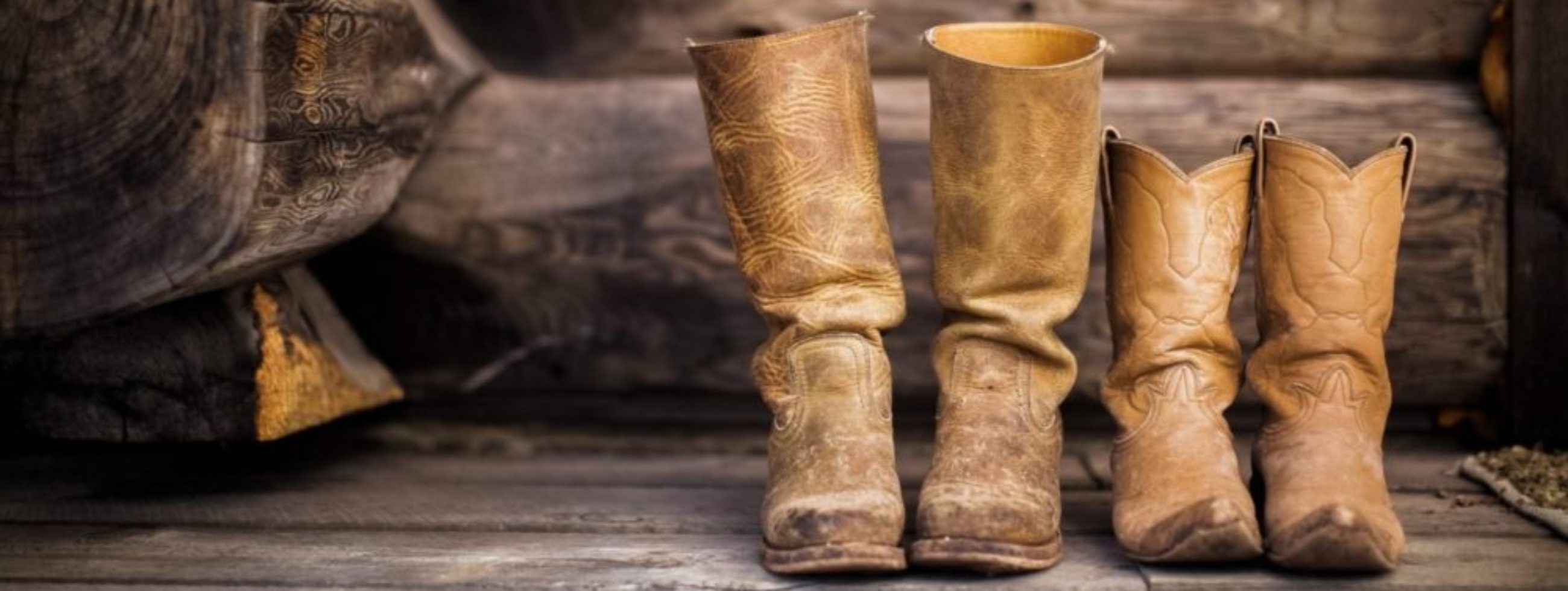When fields bloom dust
the town once had a picture show with balcony
and jujubes and news shorts about some war
and cartoons where animals met violent ends
when life was black and white it maybe cost a dime
Realto or Roxy Princess or Palace can’t remember
the name with velvet curtains and uniformed ushers
the marquee paint faded in yellow bruises and paper
promos blotched like mottled skin beneath cataract
glass the show moved out when the drugstore closed
when the doctor died and the Farmers Insurance Co.
repossessed our farm and sold our tractor for a quarter
on the dollar I watched them haul away the dining room
table and grandma’s chester drawers the two mules that
pulled our cart gone too with two cows and a calf
they left Dad’s neckerchief once red now pale as
platelets our fields bloom dust from withered vines
and dust covers the town square a stray cat’s mew
whines like a nail hammered into coffin pine
Time spinning shadows
I can’t grow wind he said to her
as he stood in the field once black
from prairie fire once rich in topsoil
now the shade of cadavers just dead
Gone where life had grown his family
gone too parents and grandparents and
even prior generations like seasons
remembering rows of crop and hands
Turning now what turns is the rows of
windmills that loom and lurch metal
beasts that whir like locusts eating
not breezes singing within the stalks
The bank that repossessed his legacy
withered on spent vines suggested wind
sell air they said your day’s done let the
windmills work the land you failed
What spins are my hands wringing
calloused knuckles grinding skin
once tanned and creased and split
a map for my children to follow
That map useless as dry parchment cracked
what can I do he wailed with idle hands
sit and watch time spin shadows on our
land now the bank’s I can’t grow wind
Morning Mist
On weekdays, always hot in the southern South,
I’d smell the coffee before even awake,
even through the humidity, as present as the family dog,
my dreams made brown from the blackening dregs,
then hear him gently banging cupboards,
trying to still the family’s sleep.
He’d ease the door and touch my foot, saying,
“Come on bud, the day’s awake,”
and I’d rise to meet him, me, alone, the others abed,
my feet on the warmth of the cedar floors, his warmth
having walked ahead. There on the table he’d set two mugs,
his coffee as black as the fields we worked, mine, with milk,
the color of November dawn. He’d chow down on bacon and eggs,
dabbing ketchup on each bite. I tried to match him mouth for mouth,
falling short by an egg or two. “Can you feel the change, bud?
Saw them geese flyin’ farther south and the wooly worms out, too.
Cold is coming, but there’s time to plant some turnips or collards
for mom to can when winter hits. So eat up, boy, we got work to do,”
tussling my hair of winter wheat. Then off we’d trudge.
I jumped to match each step he strode, I the circle
from the stone he’d throw. Once in the field, he took
the heavy load, the spade and rake while I sprinkled seeds
on the rows he hoed. I wasn’t needed to work the land.
He gifted me the morning mist.
Steve Gerson, an emeritus English professor from a Midwestern community college, writes poetry and flash about life’s dissonance and dynamism. He’s proud to have published in Panoplyzine (winning an Editor’s Choice award), The Hungry Chimera, Toe Good, The Write Launch, Route 7, Duck Lake, Coffin Bell, Poets Reading the News, Crack the Spine, Riza Press, White Wall Review, Variant, Abstract, Pinkley Press, Montana Mouthful, the Decadent Review, and In Parenthesis.

